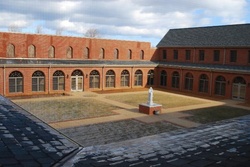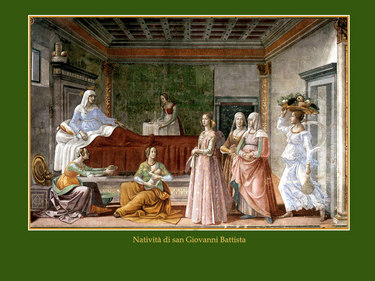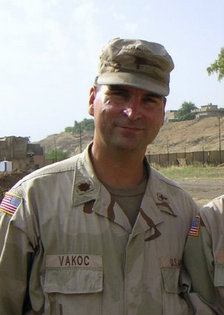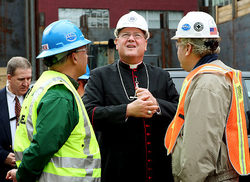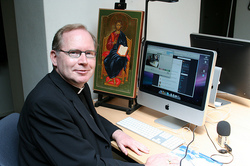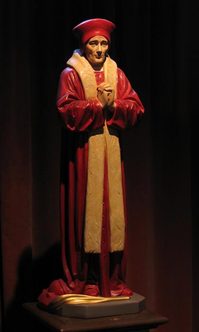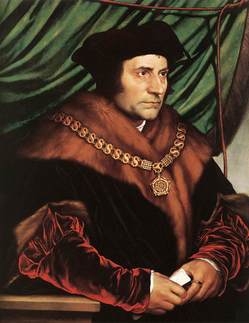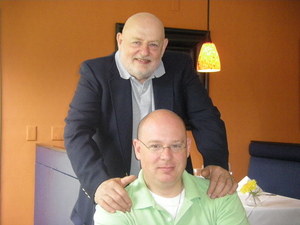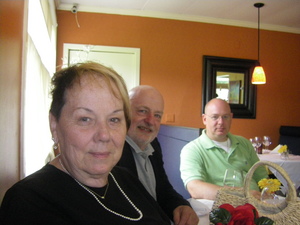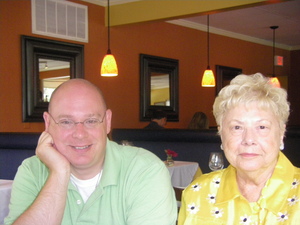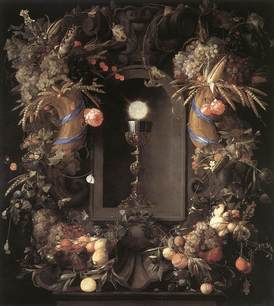
As a sacrament, the Eucharist has a double aspect: it is
both a sign and the reality signified by it, both a remembering of the past and
a making-really-present: “When the Church celebrates the Eucharist, she
commemorates Christ’s Passover, and it is made present: the sacrifice Christ offered once for all on the Cross remains ever present” (Catechism
of the Catholic Church,1364).
Here the three meanings of “present” come together: Christ
in the Eucharist is 1) present, not absent, but really here; 2) present, not
past, but happening now; and 3) presented as a gift (a “present”), really
given; offered, not withheld. Christ is “present in many ways to his
Church” (CCC, 1373) but “[t]he mode of Christ’s presence under the Eucharistic species [forms, appearances] is unique. It raises the Eucharist above all the sacraments as ‘the perfection of the spiritual life and the end to which all the sacraments tend’ [St. Thomas Aquinas]. In the most blessed sacrament of the Eucharist ‘the body and blood, together with the soul and divinity, of our Lord Jesus Christ and, therefore, the whole Christ is truly, really, and substantially contained.’ ‘…[I]t is presence in the fullest sense…Christ, God and man, makes himself wholly and entirely present'” (CCC 1374). (from Peter J. Kreeft, Catholic Christianity, 2001)
